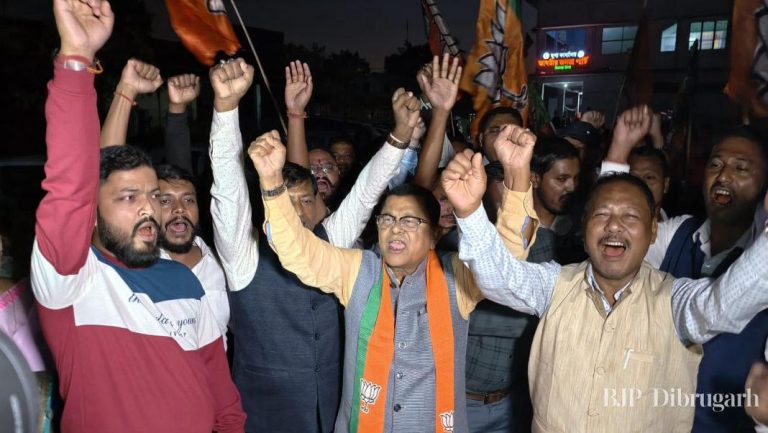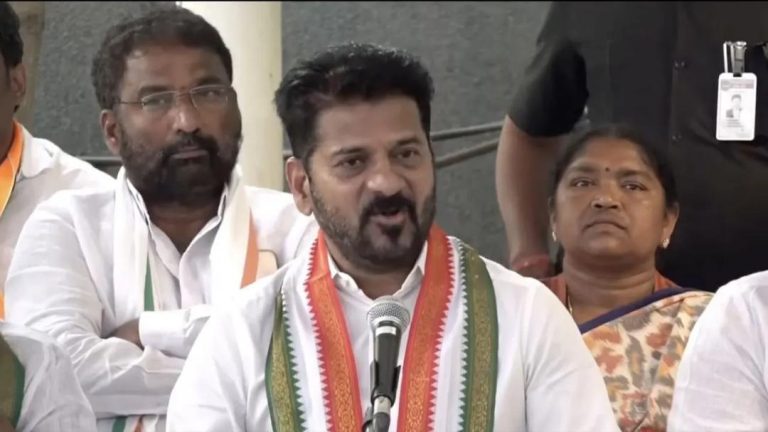
Bihar becomes first Indian state to allow voting via mobile app
In a landmark move towards digitalization of the electoral process, Bihar has become the first Indian state to allow voting through a mobile phone app. The Android-based e-voting system is set to be implemented on June 28 during municipal by-elections for chief councillor, deputy chief councillor, and ward councillor posts in Buxar Nagar Parishad. This historic step is expected to revolutionize the way citizens exercise their right to vote, making the process more convenient, efficient, and inclusive.
The e-voting system has been developed by the State Election Commission in collaboration with the Indian Institute of Technology (IIT) in Patna. According to State Election Commissioner Deepak Prasad, the app will enable around 50,000 eligible citizens to cast their votes remotely, without having to physically visit polling stations.
The mobile app, which is available for download on the Google Play Store, uses advanced encryption and biometric authentication to ensure the security and integrity of the voting process. The app will generate a unique QR code for each voter, which will be used to verify their identity and authenticate their vote.
The e-voting system is designed to reduce the likelihood of vote fraud and ensure that every vote counts. The app will also provide voters with real-time updates on the voting process, including the status of their votes and the results of the election.
The decision to introduce e-voting in Bihar is seen as a major step towards increasing voter turnout and making the electoral process more accessible to citizens. In recent years, voter turnout in India has been declining, with many citizens expressing frustration with the lengthy queues and lack of facilities at polling stations.
The e-voting system is expected to address these concerns by providing citizens with a convenient and hassle-free way to exercise their right to vote. The system is also expected to increase participation from citizens who may face difficulties in physically attending polling stations, such as the elderly, people with disabilities, and those living in remote areas.
The Bihar government has been working towards increasing voter turnout and improving the electoral process for some time. In 2020, the state government introduced a new electoral roll management system, which has increased the number of registered voters in the state.
The introduction of e-voting in Bihar is also expected to set a precedent for other states in India. Many states have been exploring the possibility of introducing e-voting systems, and the success of the Bihar experiment is likely to encourage other states to follow suit.
The Bihar government has already started conducting pilot tests of the e-voting system, and the results have been encouraging. The system has been tested on a small scale, with a group of voters casting their votes remotely using the app.
The success of the e-voting system in Bihar is not just significant for the state, but also for the country as a whole. The introduction of e-voting technology has the potential to transform the electoral process in India, making it more efficient, transparent, and inclusive.
As the country prepares for the next general elections, the success of the e-voting system in Bihar is likely to be closely watched by election authorities across the country. The system has the potential to increase voter turnout, reduce the likelihood of vote fraud, and make the electoral process more accessible to citizens.
In conclusion, the introduction of e-voting in Bihar is a major step forward for the state and the country as a whole. The system has the potential to transform the electoral process, making it more convenient, efficient, and inclusive. As the country prepares for the next general elections, the success of the e-voting system in Bihar is likely to be closely watched by election authorities and citizens alike.






